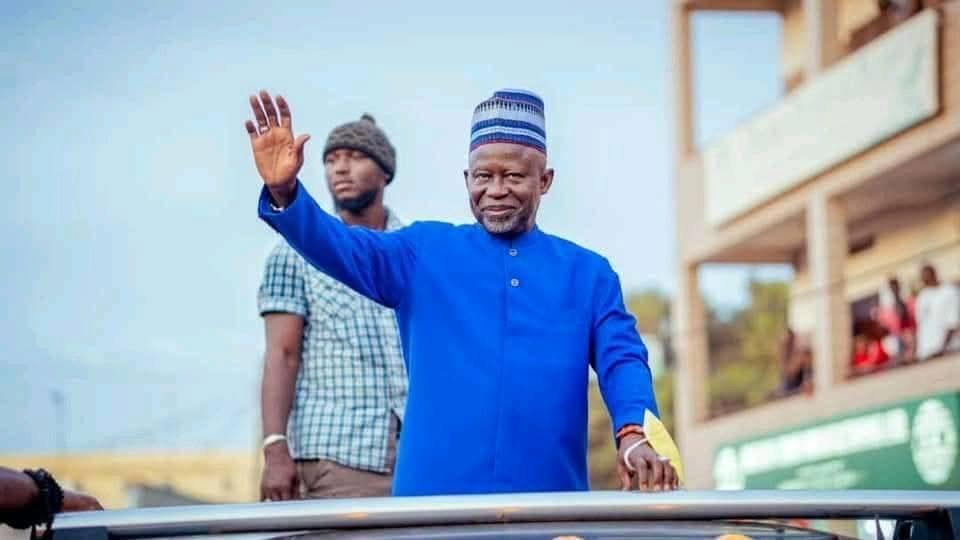Africa-Press – Gambia. The decision by both Ousainu Darboe, veteran leader of the United Democratic Party (UDP), and Talib Ahmed Bensouda, mayor of the Kanifing Municipal Council, to submit applications for the party’s flagbearer position represents an important development in the country’s political landscape.
While it is primarily an internal UDP matter, its implications extend beyond party lines and touch on the broader question of how Gambian democracy is maturing.
One of the key indicators of a healthy democracy is the existence of choice, not only at the national level but also within political parties. Too often in African politics, leadership transitions are either imposed from the top or emerge out of internal conflict.
The fact that two prominent figures from the same party, representing different generations and political experiences, are willing to compete through established procedures demonstrates a measure of institutional growth within the UDP.
For Gambian democracy, this is significant. It suggests that leadership positions are no longer viewed as permanent entitlements but as mandates that require renewal through transparent processes. If conducted openly and fairly, such contests can strengthen internal party structures and help instill a culture of accountability.
At the same time, the Darboe-Bensouda contest also highlights the challenges of balancing continuity with renewal. Darboe, with his decades of political experience, brings institutional memory and resilience, while Bensouda symbolises generational change and new perspectives. How the party manages this competition will provide insights into whether Gambian politics can navigate leadership transitions without major divisions.
For the electorate, the process offers a useful precedent. If parties demonstrate that leadership can be contested without acrimony, it may gradually shift the wider political culture from personality-based politics to issue-driven debates. Internal democracy is not an end in itself but a foundation for national democratic consolidation.
The prospects, however, are not without risks. Intense competition can deepen factionalism if not carefully managed. The ability of the UDP to maintain unity after the selection process will therefore be as important as the credibility of the process itself.
Ultimately, the UDP flagbearer contest will serve as a test case. Whether it leads to stronger democratic practice or internal fragmentation depends on the maturity of its leaders and supporters. For The Gambia, the outcome will carry lessons for how parties can evolve in a democratic environment.
The wider Gambian society is watching!
Source: The Standard Newspaper | Gambia
For More News And Analysis About Gambia Follow Africa-Press






